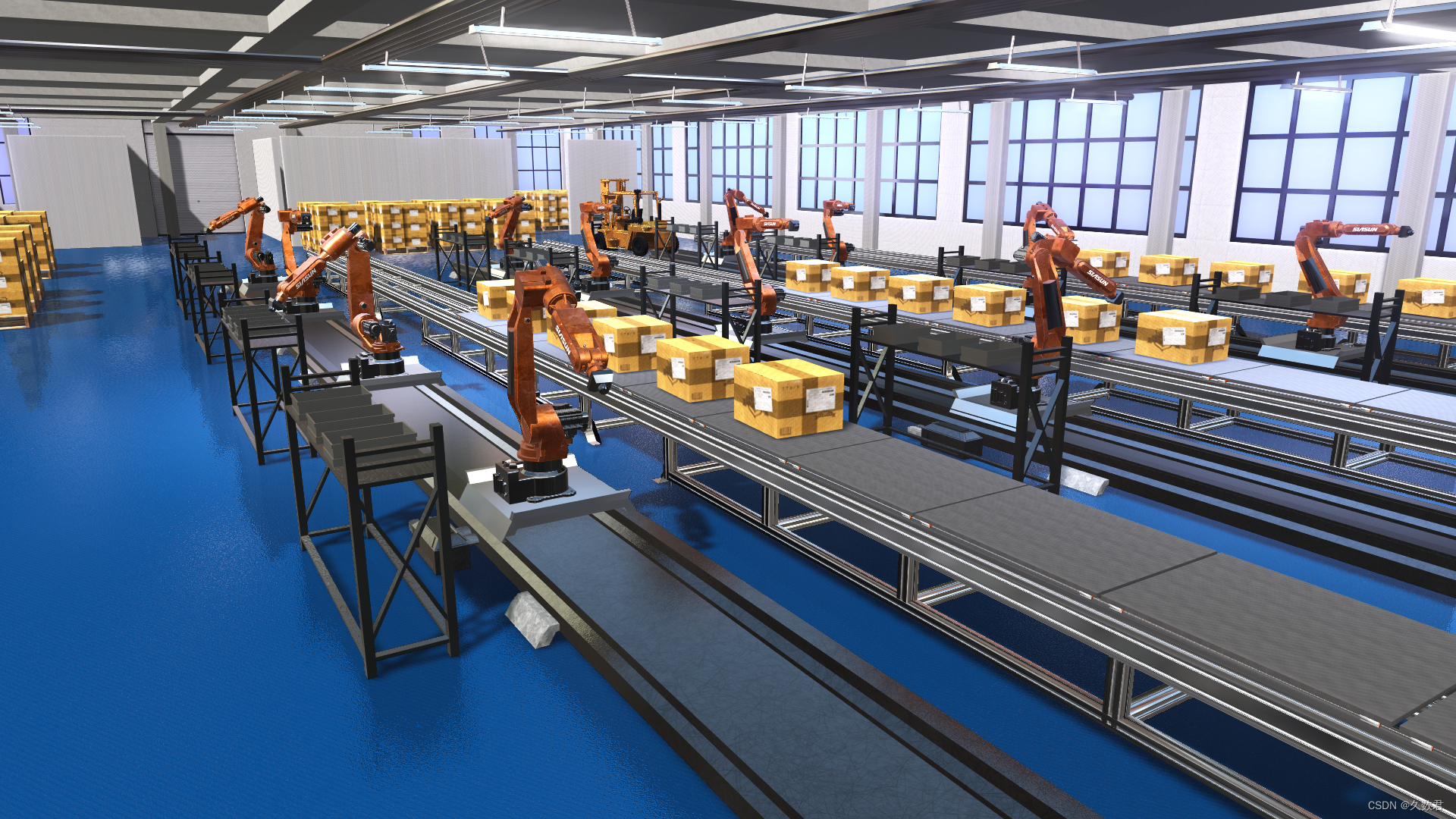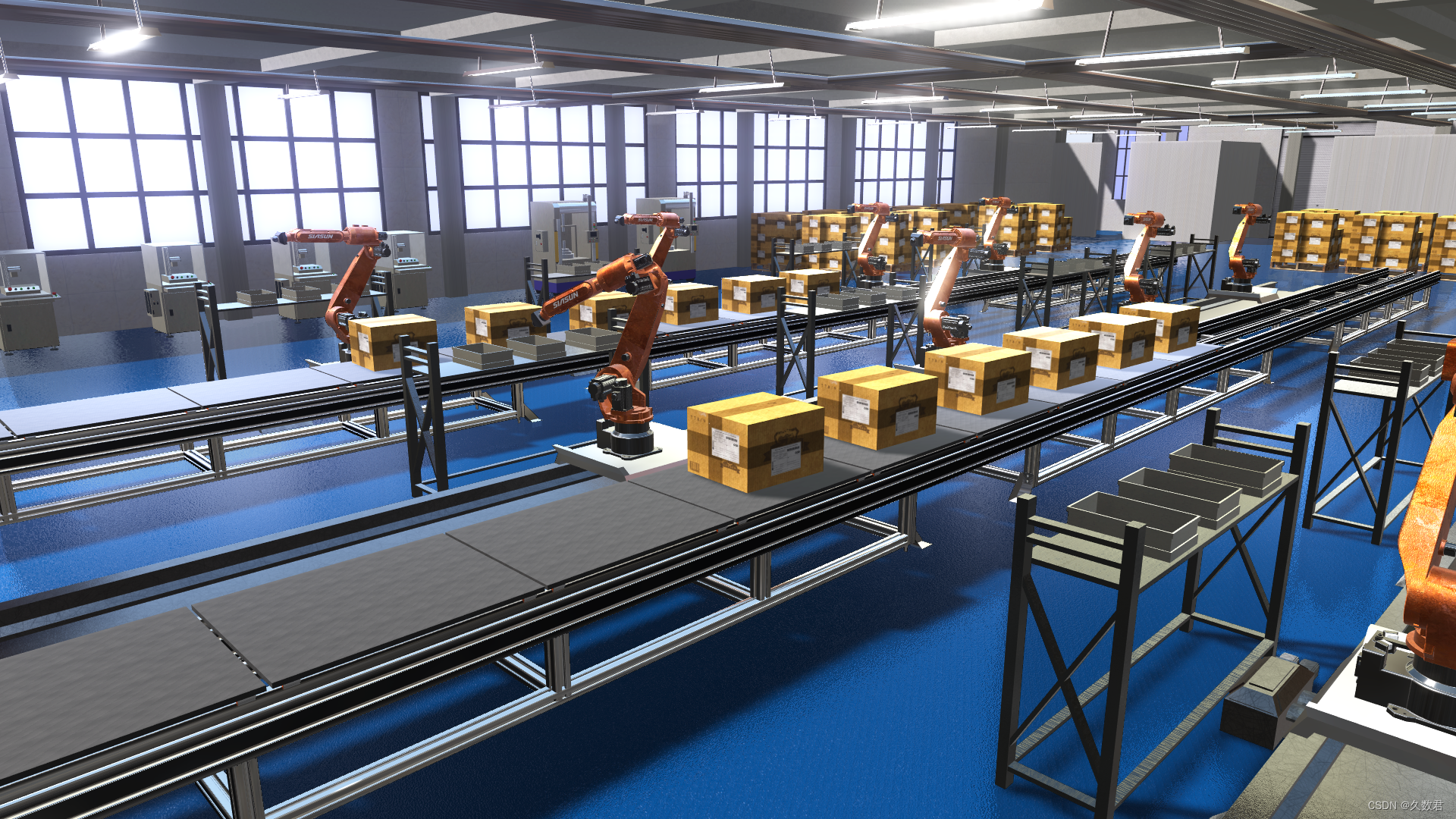With the continuous advancement of science and technology and the rapid development of industry, smart factories are gradually changing the traditional production mode and becoming a new trend of modern industry. With digitization , automation and intelligence as the core, smart factories realize efficient operation and optimized management of production lines through the application of information technology and the Internet of Things, bringing many benefits to enterprises.
The core of the smart factory is the intelligent upgrade of the factory production line. Traditional production lines usually rely on manual operations and manual adjustments, which are prone to human error and low efficiency. By introducing technologies such as automation equipment , sensors , and data analysis , smart factories enable real-time monitoring and control of the production line, automatically adjust production parameters, and improve production efficiency and quality.

In a smart factory, the equipment and machines on the production line are connected to the cloud platform through the Internet of Things to form an intelligent network . Through data collection and analysis, the operating status and performance indicators of the production line can be monitored in real time, potential failures can be predicted, and timely repairs and adjustments can be made. Factory managers can monitor the entire production process through a visual interface, understand the real-time situation of the production line, make accurate decisions and schedules, and improve production efficiency and resource utilization.
Through digitization and automation, smart factories can realize rapid conversion and adjustment of production lines to meet the production needs of different products. The production plan can be adjusted in real time according to market demand, and the production line can quickly adapt to the production requirements of new products, reducing adjustment time and waste of resources, and improving the flexibility and production efficiency of the production line.

In addition, smart factories also focus on the training and skills upgrading of workers. By learning and mastering new technologies and tools, workers can better adapt to the working environment of smart factories and develop their potential and creativity. Workers can work together with smart devices and machines to complete production tasks and improve work efficiency and quality.
The application scenarios of smart factories are very extensive, covering various industries and fields. Whether it is manufacturing, logistics or service industry, through the construction and application of smart factories, the intelligent upgrading of production lines can be realized, and the competitiveness and innovation ability of enterprises can be improved.
All in all, smart factories represent a new development direction in the industrial field and are an important means to realize Industry 4.0 . Through the application of digitization, automation and intelligent technology, smart factories can improve the efficiency and quality of the production line, realize the flexibility and customization of the production process, and enhance the skills and creativity of workers. Smart factories will become the mainstream trend of future industrial development, bringing more opportunities and challenges to enterprises.